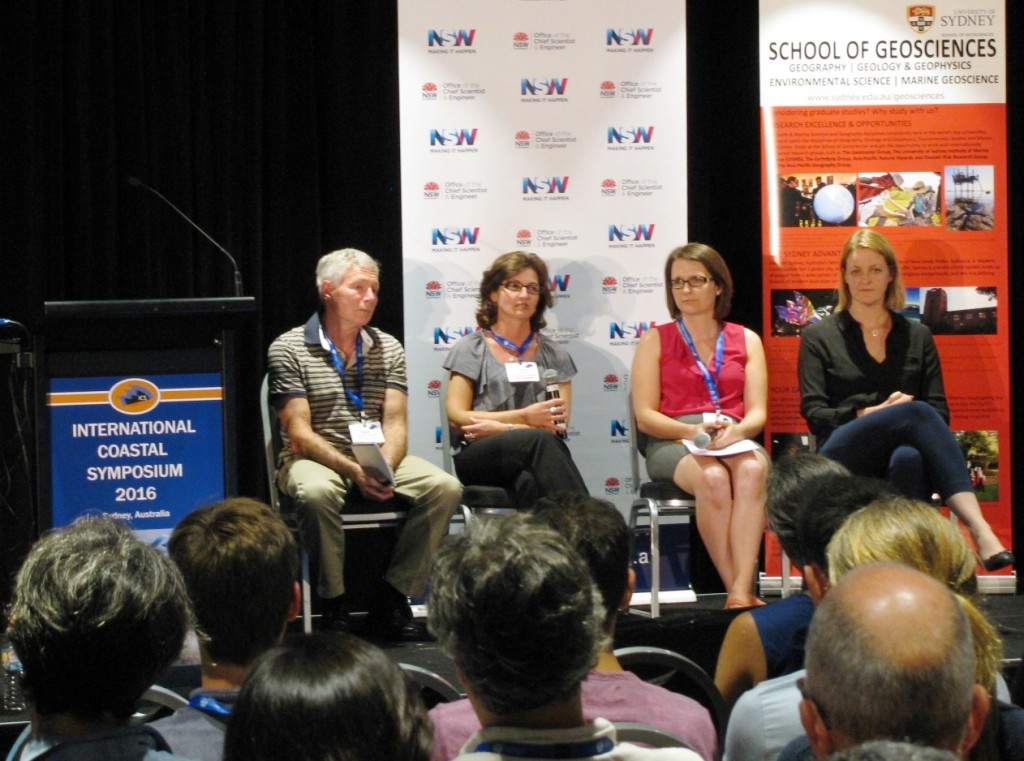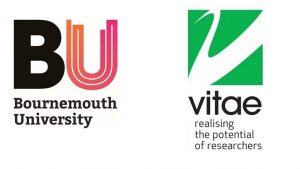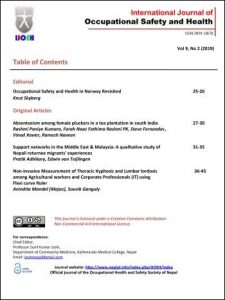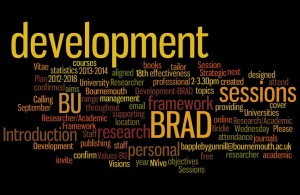
Panel discussion, launch of the WICGE network on 8 Mar 2016 (Sydney, Australia). From left to right: Professor Robin Davidson-Arnott (University of Guelph, Canada), Dr Luciana S. Esteves (Bournemouth University, UK), Dr Shari Gallop (Macquarie University, Australia) and Professor Julie Cairney (School of Aerospace, Mechanical and Mechatronic Engineering, University of Sydney).
I am very proud of being one of the founding members of the Women in Coastal Geoscience and Engineering (WICGE) network, officially launched on 8 March 2016 during the 14th International Coastal Symposium in Sydney, Australia. The idea to create WICGE was led by Dr Shari Gallop (Macquarie University, Australia) and Dr Ana Vila-Concejo (University of Sydney), who was also the first women to chair the International Coastal Symposium (the largest conference focused on coastal science). To join WICGE or just to find out more, please click here.
The event was attended by about 70 conference attendees (male and female as you can see in the photo) and it created an opportunity for the keynote (Prof Julie Cairney), the members of the discussion panel (named in the photo caption) and attendees to shared their experiences. It was interesting to learn that members of the panel, including myself, expressed that they were not aware of gender inequalities and/or discrimination in their work environment at first. The reasons for this late realisation were varied, including a common feeling of ‘I thought I was the problem‘ or the simple acceptance that certain attitude towards woman was just ‘as always is‘. As Shari Gallop indicates in this blog about the WICGE launch, another contributing factor may be the fact that, in the academic environment, the imbalance greatly increases towards the more senior positions and is not as evident at early career stages.
Another common theme in the discussion was that we (men and women) are guilty of unconscious bias, a prejudice deep-rooted in long-established social behaviours, which are now increasingly questioned, but changing incredibly slowly. Most people (and therefore our society) are stubbornly averse to change. Where and when change is required, it does not come easy; it takes huge effort and time to get the message across. Even when we understand the need for change, it may take a while until we are able to embed in our lives new ways of doing (or being). It becomes evident then the importance played by continuing and widening the open debate about diversity, equality and fairness to raise awareness and educating us all, especially about the little things we can do to make the big changes we need. And this is why we need WAN, WICGE , the Aurora Programme, Athena Swan and the growing number of initiatives aiming to promote equal opportunities and a fairer working environment for all of us.
Luciana S. Esteves, Faculty of Science and Technology, Department of Life & Environmental Sciences
 The BU Research Staff Association (RSA) is a forum to promote research culture at BU. Research staff from across BU are encouraged to network with other researchers, disseminate their work, discuss career opportunities, hear updates on how BU is implementing the Research Concordat, and give feedback or raise concerns that will help to develop and support the research community at BU.
The BU Research Staff Association (RSA) is a forum to promote research culture at BU. Research staff from across BU are encouraged to network with other researchers, disseminate their work, discuss career opportunities, hear updates on how BU is implementing the Research Concordat, and give feedback or raise concerns that will help to develop and support the research community at BU.























 Read and sign up to BU’s Policy Influence Digest
Read and sign up to BU’s Policy Influence Digest Upcoming opportunities for PGRs – collaborate externally
Upcoming opportunities for PGRs – collaborate externally BU involved in new MRF dissemination grant
BU involved in new MRF dissemination grant New COVID-19 publication
New COVID-19 publication MSCA Postdoctoral Fellowships 2024
MSCA Postdoctoral Fellowships 2024 Horizon Europe News – December 2023
Horizon Europe News – December 2023